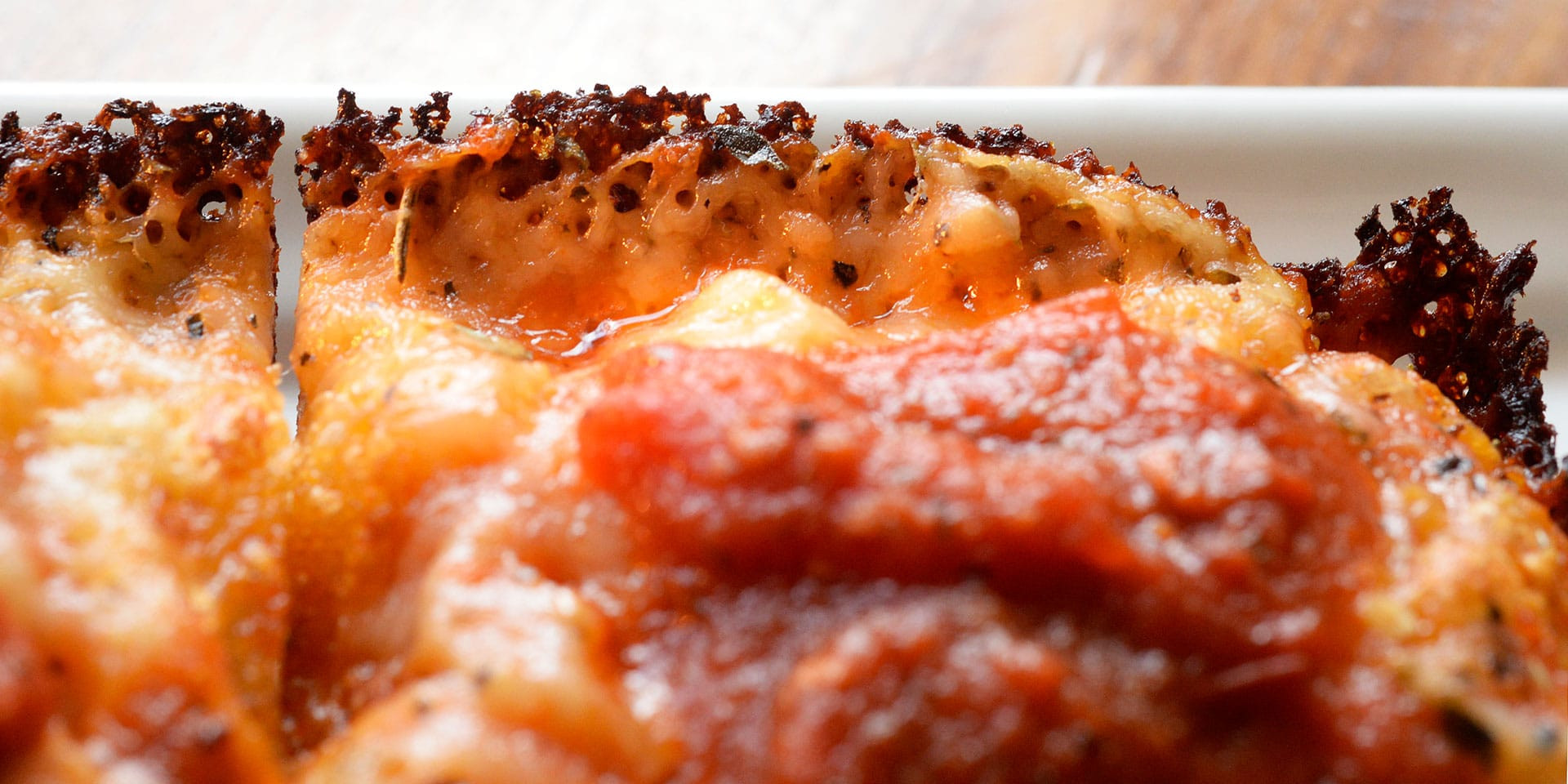While Philadelphia boasts its cheesesteak, Chicago champions the Chicago-style hot dog, and New York declares its bagels supreme, Detroit confidently presents its own distinctive and delicious food identity. The Motor City is not just about automobiles; it’s a culinary destination celebrated for a variety of tasty and original dishes found nowhere else.
Some of Detroit’s culinary creations have gained national recognition, while others remain beloved local treasures. Here are five iconic Detroit foods that should be on every food lover’s must-try list.
The Coney Dog
The history of the Coney Dog, a chili-covered hot dog with a dedicated fan base, is somewhat debated, particularly its connection to Coney Island, New York. It’s believed that Greek immigrants passing through Ellis Island might have adopted the name of the famous amusement park when they introduced this now-iconic Detroit dish.
What is certain is that the Coney Dog’s origins trace back to around 1917. Greek immigrants established numerous quick-service diners across Michigan called “Coney Islands,” and these eateries became the birthplace of this unique hot dog.
A Detroit Coney Dog is composed of a hot dog nestled in a bun and generously topped with beanless chili, yellow mustard, and raw onions. The city is home to a famous rivalry between two adjacent Coney dog institutions, Lafayette Coney Island and American Coney Island, each claiming to serve the most authentic version. Connoisseurs of the Coney Dog have strong preferences and can readily distinguish the nuances between these two celebrated vendors.
Detroit-Style Pizza
 Close-up of square Detroit style pizza with crispy crust, caramelized cheese edges, and red sauce dollops, showcasing a popular food in Detroit.
Close-up of square Detroit style pizza with crispy crust, caramelized cheese edges, and red sauce dollops, showcasing a popular food in Detroit.
Detroit-style pizza, recognized for its distinctive crust and square shape, has recently gained popularity in cities across the country, from New York to Denver. However, its roots are firmly planted in Detroit, dating back to 1946 when it was first served at Buddy’s — now Buddy’s Pizza — a local neighborhood tavern.
Almost every aspect of Buddy’s pizza sets it apart. The crust is square and characterized by a thick yet airy texture. The pizzas are baked in blue steel pans, originally used for storing auto parts. These pans are crucial in creating the signature crispy, caramelized edge where the cheese meets the crust.
Authenticity in Detroit-style pizza also extends to the cheese. Wisconsin brick cheese is the traditional choice and the standard in Detroit pizzerias. Finished with dollops of red sauce on top, this pizza is a true Detroit original.
Boston Cooler
Despite its misleading name, the Boston Cooler has no connection to Boston, Massachusetts. Instead, it’s named after Boston Boulevard, a street in Detroit. This refreshing drink is a simple yet perfect combination of Vernors, a ginger ale with a rich history of being produced in Detroit, and vanilla ice cream.
The Boston Cooler’s consistency can vary from a classic float to a thicker milkshake, depending on where you order it. The combination of the tangy Vernors ginger ale and the sweetness of vanilla ice cream creates a balanced and beloved local beverage.
For an authentic taste of a Boston Cooler, visit Strohs Ice Cream Parlor, a Detroit institution, or Ray’s Ice Cream, known for its Michigan-made flavors.
Zip Sauce
In the 1930s, Lelli’s Inn, an Italian steakhouse in Detroit, introduced “zip sauce” alongside its steaks. This unique sauce is rumored to be a blend of butter, au jus, and a secret mix of spices. Zip sauce elevates the richness of the steak, and it’s typically poured generously over the meat, often soaking into accompanying potatoes or vegetables.
Although the original Lelli’s Inn location was destroyed by fire, Lelli’s continues to serve its famous steak and zip sauce at its current location in Auburn Hills, just outside Detroit.
Zip sauce quickly gained popularity among Italian steakhouses and is now a staple at many establishments in Detroit and the surrounding areas, including Mario’s in downtown Detroit.
Double-Baked Rye Bread
Kosher-style delis are common across the United States, but double-baked rye bread is a unique offering largely found in the Detroit area. This baking technique was developed in the 1950s by Jack Goldberg, the founder of Stage & Co. in Detroit (now Stage Deli in West Bloomfield). Goldberg devised this method to ensure rye bread stayed warm when served.
The process involves baking the rye bread until it’s 80% done, followed by a second 20-minute bake just before the lunchtime rush. This double-baking results in a warm, dense rye bread that is sturdy enough to hold generous portions of fillings like corned beef, a characteristic that remains today.

